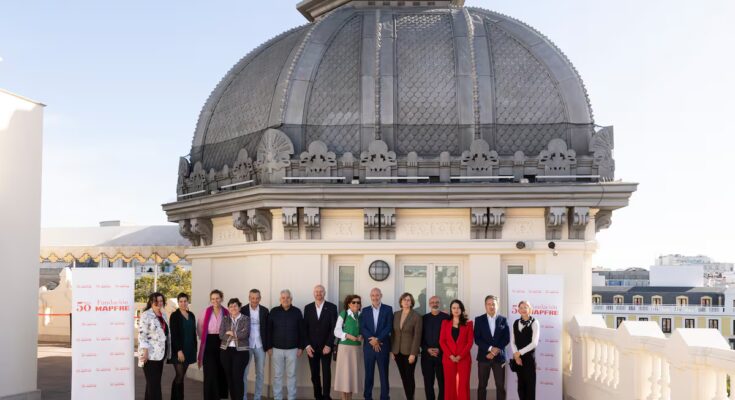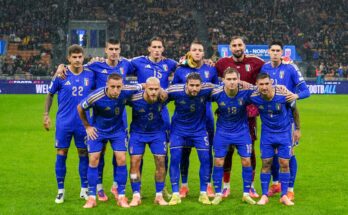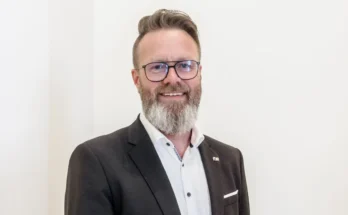Is it possible to improve care for patients with severe trauma? Are there any foods that, due to their packaging, can make children gain weight? How to attract talent to the insurance sector which, despite the good conditions, does not seem so attractive to the new generations? These are recurring questions that researchers ask themselves. Thanks to the MAPFRE Foundation, today there are answers to these doubts, with the promotion and development of projects that require dedication, time and cooperation.
Through its Ignacio H. de Larramendi scholarships, the foundation has invested more than 170 million euros in initiatives or programs that impact social well-being. With the goal of improving the present and laying the foundation for a more prosperous future, the institution has positively impacted more than 179 million people since it was created 50 years ago. Your plan can be approached from many angles, but one of the most important is research. Thanks to the support of the organization, whose essence is to promote collaboration and synergies, they were able to develop their work.
Through its Ignacio H. de Larramendi Scholarships, the foundation has positively impacted the social well-being of more than 179 million people for 50 years.
Technology integrated into the hospital
Ignacio H. de Larramendi’s research grants support various areas, but there is one of particular relevance: health. An example is the Traumatology and Emergency Intensive Care Unit (ICU) of the 12 de Octubre Hospital. In 2009, thanks to the support of the MAPFRE Foundation, the team launched a pioneering project using video recording to evaluate the quality of healthcare.
The objective was to collect medical interventions during initial treatment to analyze them with rigor and a self-critical spirit. The interviewer, doctor and representative of the project, Mario Chico, underlines that it is not intended or used to judge, but to teach: “Seeing yourself work when you think you are doing it well is difficult, but necessary to improve”, he says.
In the analyses, carried out in joint and constructive sessions, they were able to verify how and when protocols, execution of procedures, leadership, communication or decision-making under stress are followed. “We have managed to become independent from capricious memory,” explains the doctor. What began as experimental research has been structurally integrated into the hospital. Its success has been proven by maintaining itself during critical situations, such as the covid pandemic.
When science highlights prejudices
The foundation supported research that offers a rational vision, which clarifies fears and prejudices. One of these delicate situations is the coexistence of immunosuppressed children with pets. Is it always dangerous? How can it be safe? Doctor and researcher Ana María Méndez points out that many of those affected suffered because of the recommendation of their doctor, who asked them to get rid of their pet. “Today we know that this was not necessary,” he says. In their research they responded with scientific knowledge and offered practical recommendations according to an approach called ornor healththat integrates human, animal and environmental health.
The first step was to interview more than 150 pediatricians and 500 veterinarians from Spain and Europe and 274 families with transplanted or immunosuppressed children. “Doctors know little about animals and veterinarians know little about patients. This project has made us speak the same language,” summarizes Dr. Méndez. They subsequently conducted a study on the psychological benefits brought by animals. The last step was action: a program to introduce dog-assisted therapy in the pediatric oncology and transplant units of La Paz Hospital. “Public health does not usually finance studies on dogs or cats, but thanks to Fundación MAPFRE we have been able to demonstrate that it also safeguards mental health,” he acknowledges.
Children and ignorance are two delicate issues that were also addressed by Dr. Ana María Rivas, professor of Nutrition and Food Sciences at the University of Granada. This specialist and her team studied the relationship between food packaging and overweight. They analyzed endocrine disruptors bisphenol A, which are found in plastics, cans, bottles and food contact materials. Among the findings, they found that 52% of foods had traces of bisphenols and that there was a significant relationship between high BPA/BPS exposure and a higher prevalence of obesity, especially in boys and girls.
Thanks to the support of the Fundación MAPFRE they were able to open an unprecedented line of research in Spain “and which today has an international impact”. In fact, he was one of the initiators of a 2024 European Union (EU) regulation establishing stricter restrictions on the use of bisphenol A and other bisphenols and derivatives. For Rivas, the foundation’s help was a fundamental contribution to the entire process: “Sometimes it is necessary to open a crack to access the light.”
Improve the insurance business
In addition to physical and mental health, the MAPFRE Foundation is committed to funding research that benefits other vertebrae of society, such as the economy. For example, focusing on the present and future of the labor market. This is the case of the investigation conducted by the team of entrepreneur Jorge Martínez, which focuses on the insurance sector and the suspicion that it generates disinformation.
When evaluating whether working in the insurance industry was an attractive option, they found that there was a gap between internal and external perceptions. Employees in the sector rarely want to change jobs, but from the outside it is seen as obsolete or unknown. “People don’t think it’s a transparent industry, they don’t want to identify with it and they don’t want to work in it,” Martínez says. Of the 1,132 students interviewed, 60% knew only one function, that of sales. However, after a presentation that lasted about 20 minutes, opinions changed: the results were much more favorable. They revealed that the solution was as simple as providing them with information.
In addition to physical and mental health, the MAPFRE Foundation is committed to funding research that benefits other vertebrae of society, such as the economy
Researcher José Luis Vilar and his colleagues were also interested in the insurance sector, but from a very different perspective: they wanted to explain the effect of climate change on the sustainability of this business. In a reality where global warming transforms risk models, the question was how to quantify and monetize the impact. “Our colleagues from Canada, the United States, France, Germany and other countries are studying the phenomenon of climate change. Spain cannot be left behind,” insists Vilar.
The process consisted of adapting the North American Climate Actuarial Index (ACI) to the Iberian Peninsula, with the calculation of an Iberian Climate Actuarial Index (IACI). The resulting indices served as tools for pricing, provisioning and solvency assessment. The analyzes confirmed the value of the statistics and the economic magnitude of the climate impact on hail losses in Spanish viticulture. “If agricultural insurance collapses in Spain, an economic pillar of the country will collapse,” warns the expert. His project and those of his fellow grant holders coincide in a double dimension: technical and social.



